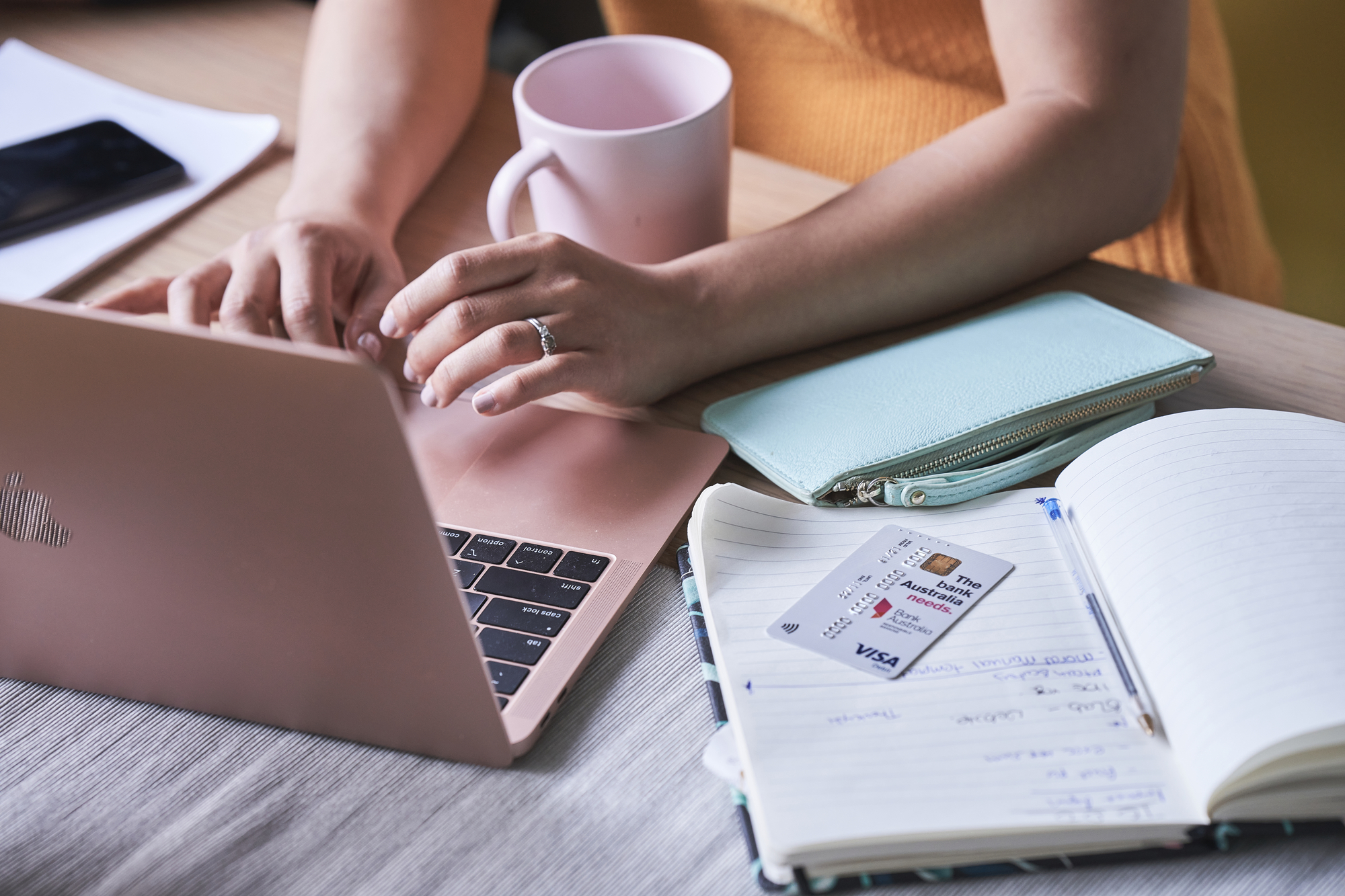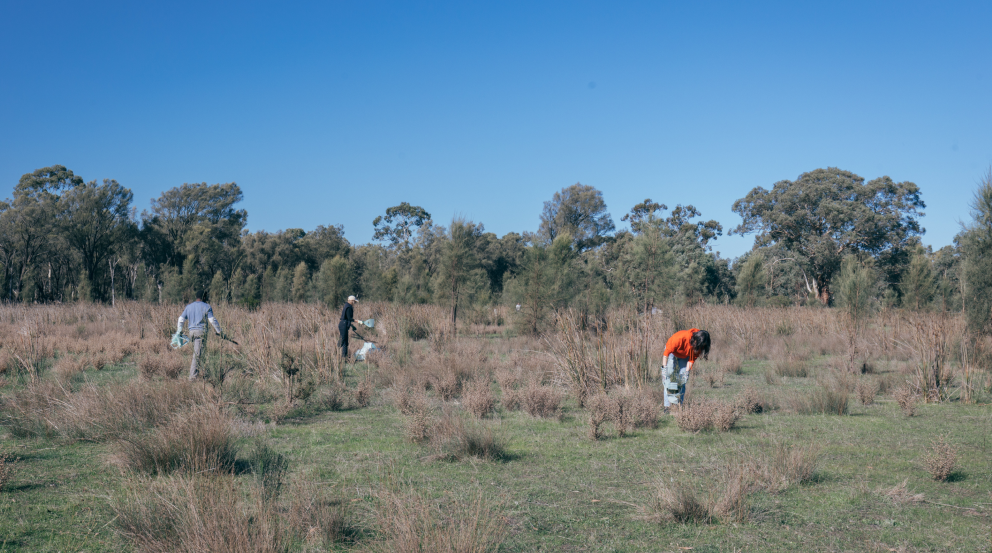How to create the world’s most sustainable sharehouse
Whether you’re sharing your house with your kids or your pals, living sustainably with other people can often feel like an uphill battle. Here are a few tips to help you reach your sustainable utopia, without stuffing up the harmony of your household.
You might be the most sustainably-minded suburban superhero in Australia, but sharing a house with other people doesn’t always mean sharing ethics.
But that doesn’t mean you should just kick back and let your sustainable sharehouse dreams fall by the wayside – far from it.
There’s work to be done, friends, so here are some pointers for not only making your abode as sustainable as possible, but also persuading your house pals to follow your lead – without coming off as self-righteous. Because nobody wants that.
Lead by example
Tayla Gentle, a writer and video producer, has lived in four different Melbourne sharehouses in the last seven years, and she’s developed a few subtle, ninja-like techniques for helping get her roomies on side. “You can do things like introduce eco-friendly cleaning products to the house and switch the washing machine to cold water – those kind of changes are easy to make,” she says.
Additionally, if you volunteer to do the household communal products shop – cleaning products, toilet paper, etc – you can make sure you buy ethical brands and ditch single-use plastics wherever possible.
Get your utilities in ship-shape
Right off the bat, volunteering to take the lead on utilities means you can make sure all of your household essentials are provided by companies you agree with on an ethical level. That way, you can rest easy in the knowledge that the electricity powering your housemates’ Netflix binge-watching sessions are not only as green as possible, but also helping fund renewable energy projects. “Right now we’re using the Green Electricity Guide,” says Tayla. “It’s not hard to make good decisions when you have access to unbiased ranking.”
And if your house is already set up with a less-than-sustainable provider, offer to take charge of the accounts, then switch them over. Get in touch with your local council and get them to do an energy audit for you. They’ll break down your energy usage for you so you can begin to think about where you can make changes. Easy.
Go foraging for furniture (and fridges and forks, oh my!)
If you’re moving into a new house and none of your new roomies have any furniture, white ware, gadgets or crockery to contribute, don’t go splashing the cash on brand-new stuff – get down to your nearest op-shop and grab yourself some bargains. Not only will you be saving money, you’ll be giving new life to perfectly fine furniture, and helping prevent items unnecessarily ending up in landfill. In fact, you could pretty much fill your entire house with pre-loved goods. Consider that a challenge.
Sort your waste out
People create crap – there are no two ways about it. But there are more than two ways to make sure the crap we create doesn’t hurt the earth. For a start, the year is 2018 and there’s zero excuse for people – even if they’ve never once thought about their impact on the planet – to use the wrong bins when it comes to waste and recycling. Your local council should be able to provide a composting bin for you, or you can make your own.
Joe Stratford, who’s been living in sharehouses for four years, built his own compost bin from a regular bin he bought from Bunnings. “I just turned it upside down, half submerged it in the ground, cut a hole out the top, drilled some holes in the side and put a lid on it – bob’s your uncle,” he says. “It’s good to know I’m doing my bit, my bins smell less because there’s no rotting food in them, and I get to turn very cheap veggie scraps into my very own custom-made compost.” And if you live in an apartment and have little space, go Bokashi.
Additionally, around 14 per cent of all household food is thrown out – so make sure you’re using up everything, offering it to your housemates instead of throwing it out, or catching it before it goes bad and chucking it in the freezer. Every little helps.
Plastic isn’t fantastic
You may or may not know that, the way things are going, there’ll be more plastic in the world’s oceans than fish by the year 2050. That is very bad. And while it’s going to be a challenge to convince your roomies to go 100% plastic free immediately, you can start introducing things to the house to get them thinking more about a plastic-free lifestyle.
Stock up on reusable bags or tote bags for everyone to use to take shopping. Buy beeswax wrap for them to wrap leftover food in. Grab a couple of reusable coffee cups, water bottles and straws for communal use. Fill your house with plastic alternatives so they can’t help but think about their impact more – you could even sneak in a good documentary or two when they least expect it.
“I also talk about my own efforts to reduce plastic waste,” says Tayla. “So that hopefully my housemates become brainwashed too!”
Your little veggie patch
If you have room, get a veggie patch going. It doesn’t matter if it’s just a few herbs on a windowsill – anything you can grow at home that prevents you buying plastic-packaged products at the supermarket is a good thing. “Veggies and herbs can be expensive, too,” says Joe. “You can grow a load of tomatoes for next to nothing, plus it’s good for the bees. Plant some lavender and the bees will love it. If we lose them, we’re doomed.”






.png)

